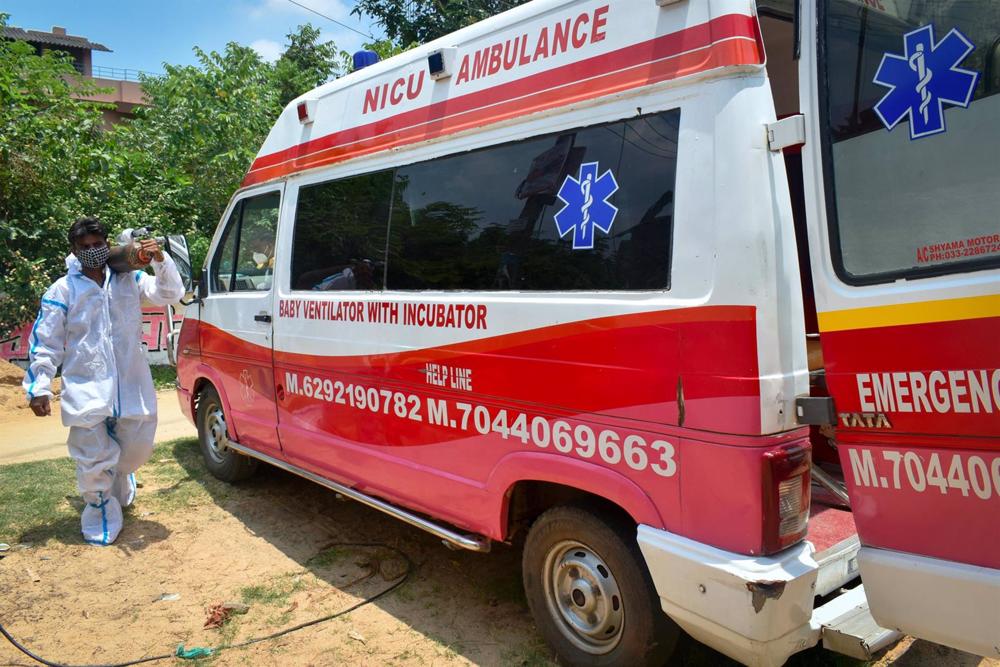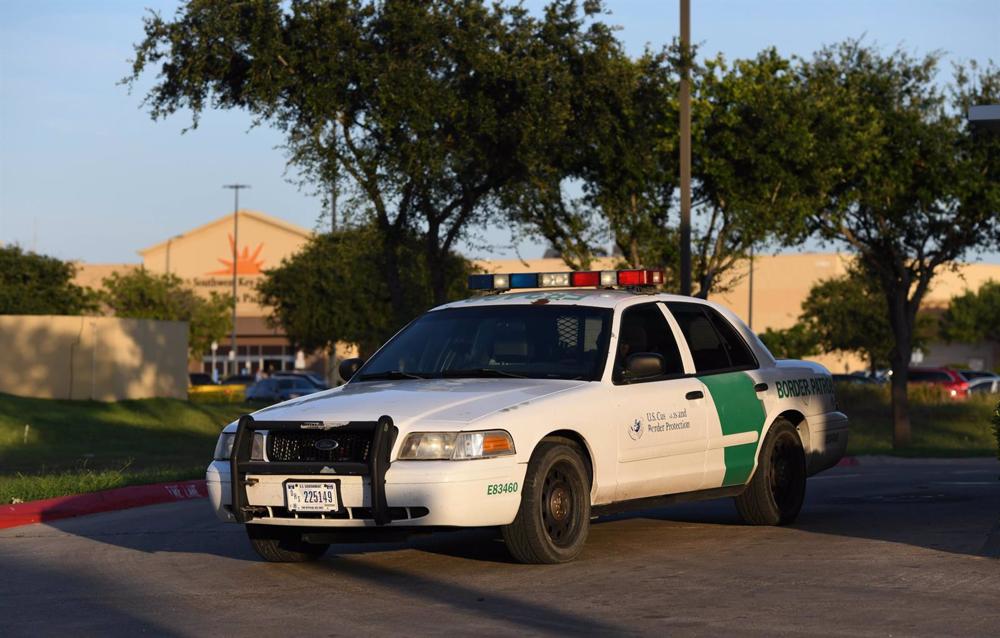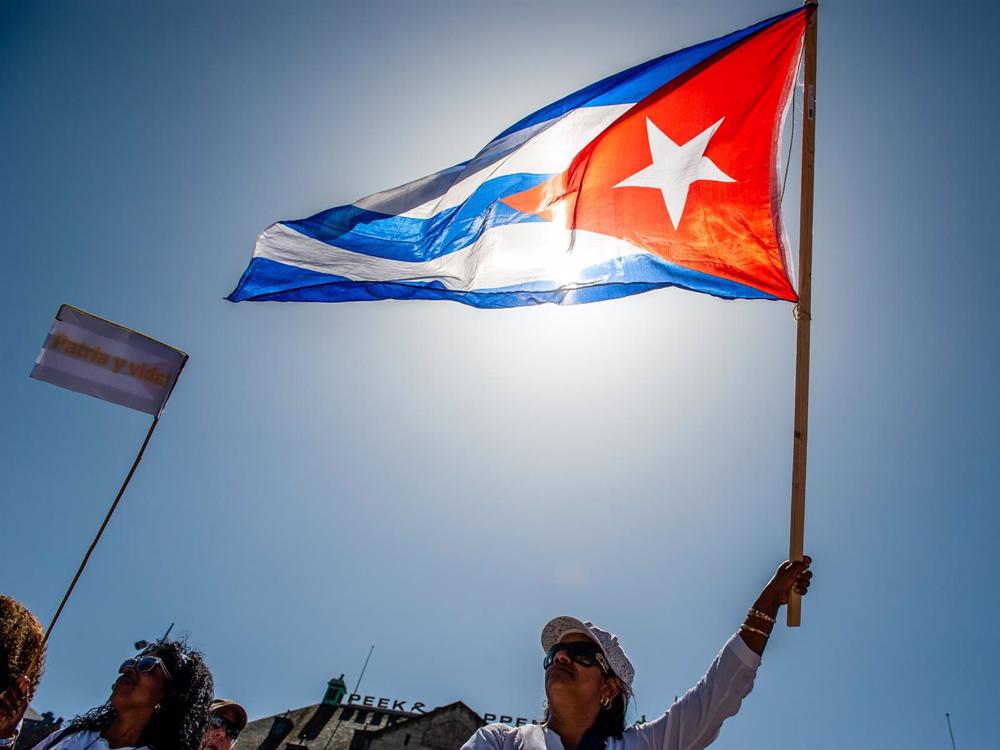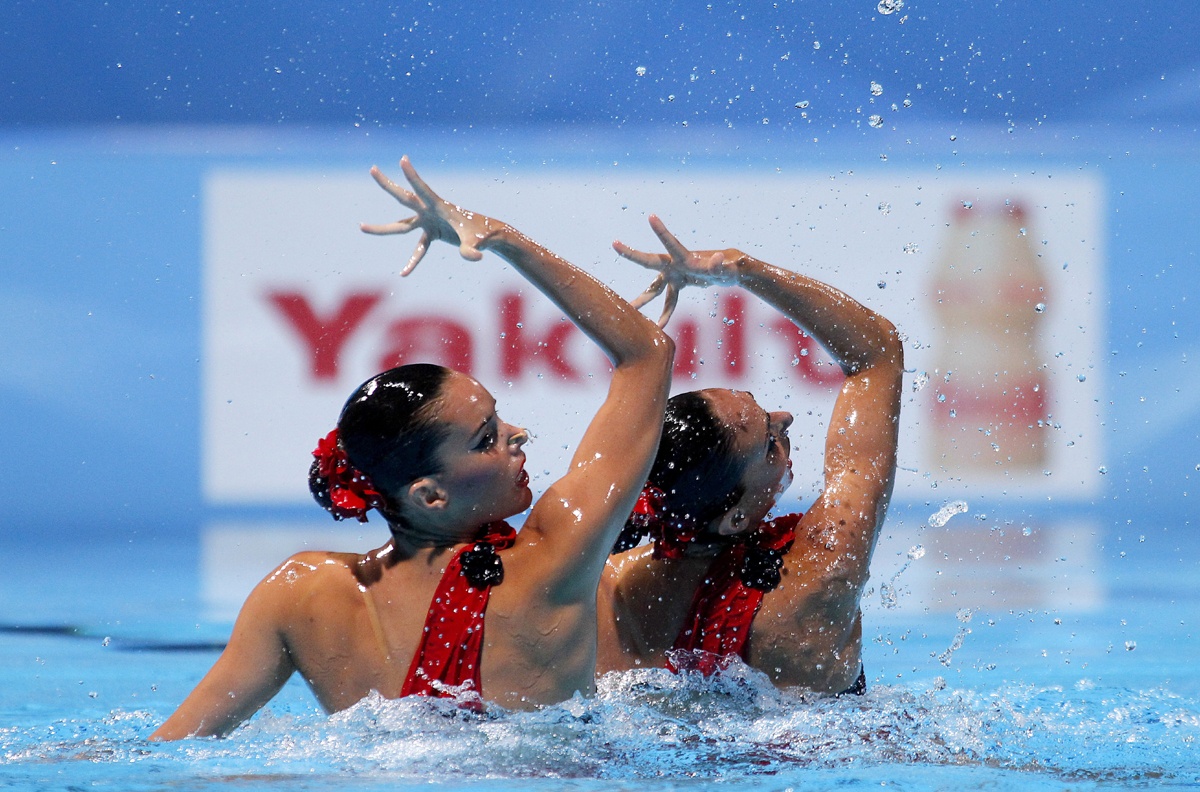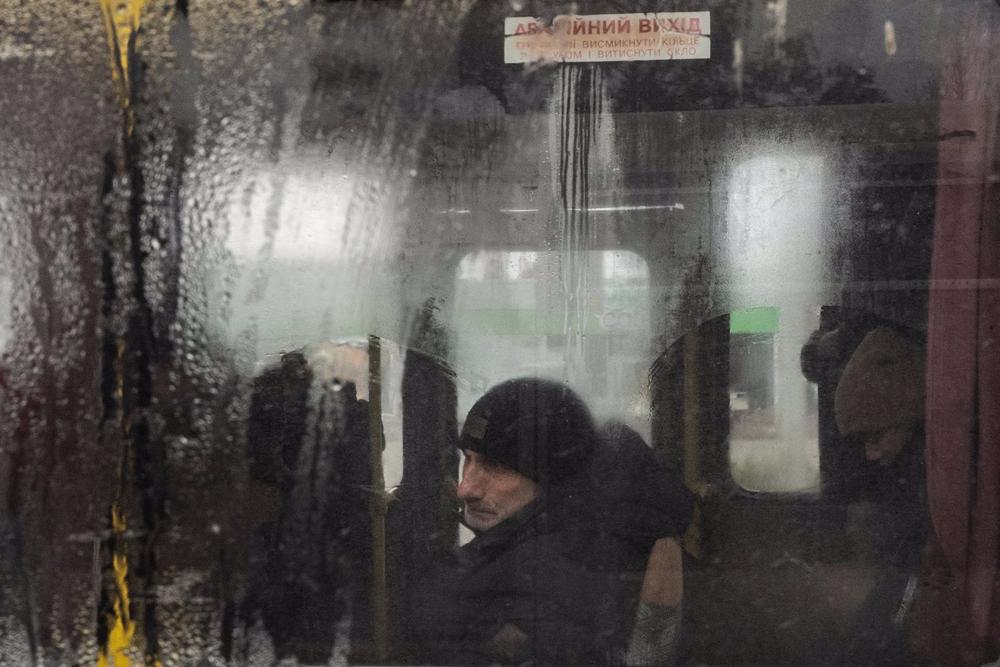
An initial draft of the outline of a possible special tribunal to try war crimes committed by Russian forces in Ukraine has begun to circulate in the corridors of the United Nations as the United States has been opening up to the possibility of facilitating the constitution of a court which, Kiev asks, should be operational by September next year at the latest.
The US Ambassador for International Criminal Justice, Beth Van Schaak, recalled this week the willingness of the UN General Assembly to adopt decisions favorable to Ukraine. «So far, all resolutions have prevailed in favor of Ukraine, and quite strongly,» she said during a conference in London.
The ambassador did not rule out the possibility of the US declassifying intelligence information to facilitate the work of this possible tribunal, an alternative to the International Criminal Court (ICC), which has already begun investigating Russia, although it does not have the competence to judge the Russian president, Vladimir Putin, because his country has not signed the statute by which it submits itself to the authority of the court.
In this context, the European Union proposes that, «while continuing to support the International Criminal Court», progress should be made towards the creation of a «specialized court» backed by the United Nations to «investigate and prosecute Russia’s crime of aggression».
It is precisely this crime of aggression that is also the focus of Ukrainian President Volodymyr Zelensky, who is aware that it is not possible to point the finger at Moscow for the start of the conflict itself under the umbrella of the ICC, a court with which he nevertheless wishes to continue to collaborate.
The Rome Statute, which shaped the ICC, provides for aggression as a crime to be prosecuted, but its definition was not endorsed by all parties, which prevents it from exercising jurisdiction over it. It would only be possible if the country of origin of the alleged aggressor, in this case Russia, accepts the jurisdiction of the court.
That is why right now there are two options on the table when it comes to constituting this new court: through a bilateral agreement between Ukraine and the UN — which enjoys «certain blessings» within the General Assembly, according to Van Schaak — or a local Ukrainian court backed by the European Union or the UN.
Opponents of the tribunal argue that the creation of the court could hinder a possible peace negotiation between Russia and Ukraine, and that Russian leaders could hide behind diplomatic immunity to avoid indictment. Russia, in any case, has already warned that it has no intention of recognizing the court, which it has described as a «quasi-judicial» and partisan mechanism.
Van Schaack has stated that there is, however, the possibility that cases could be heard «in absentia» for Russian war crimes, given that the Ukrainian judicial system allows it.
«There is nothing inherently wrong with in absentia proceedings as long as they meet due process standards. Are they satisfactory to survivors? Are they satisfactory to observers of justice? Probably not. But they provide a forum for victims to testify,» he has estimated.

